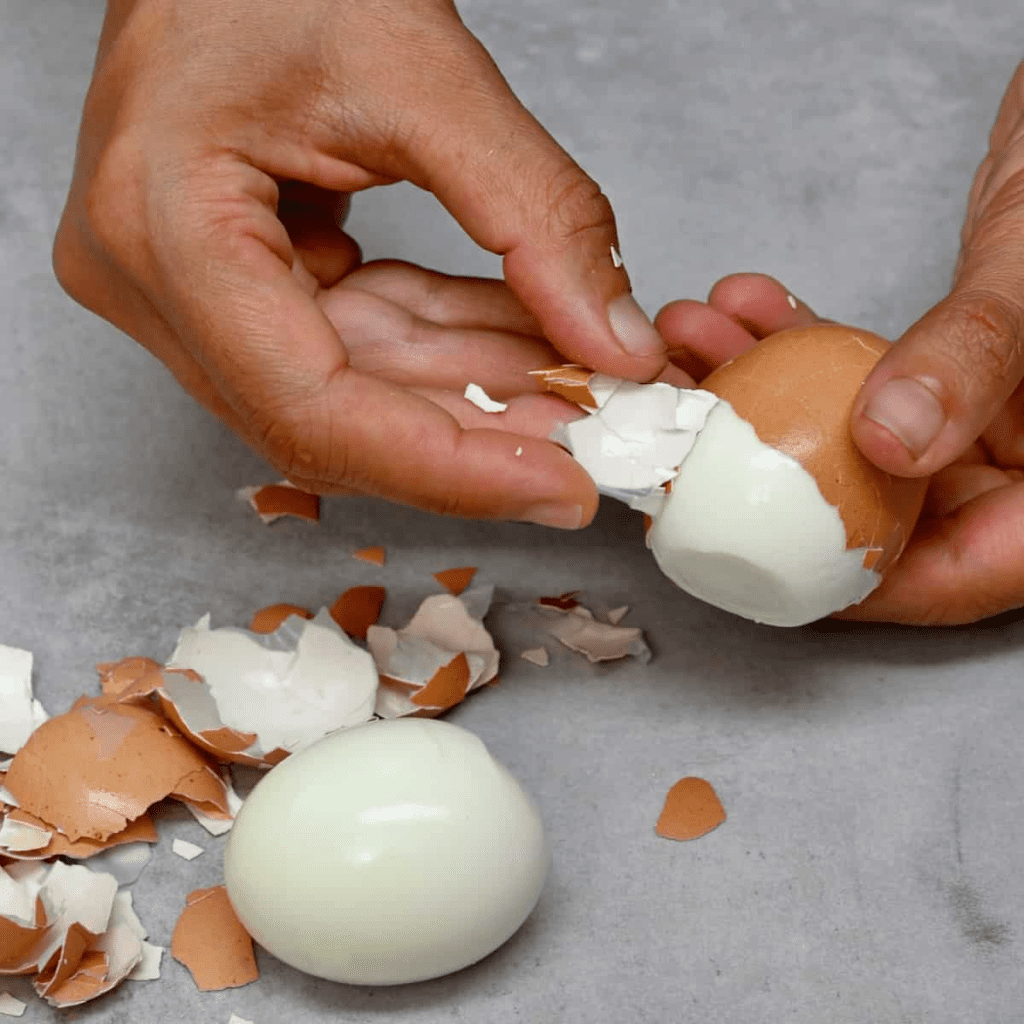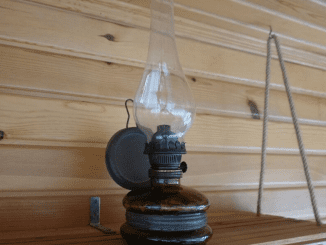When it comes to cooking essentials, eggs are a superstar ingredient in kitchens worldwide. But once they’re cooked, the question arises: should you peel hard-boiled eggs before storing them in the fridge? This seemingly simple decision impacts the freshness, texture, and safety of your eggs. Let’s crack open this debate and dive into the pros and cons of each method, so you can make the best choice for your meal prep.

Why Proper Storage of Hard-Boiled Eggs Matters
Hard-boiled eggs are a quick and nutritious snack, but they require special care to ensure they stay safe and tasty. Once an egg is boiled, the protective shell coating is lost, and this opens up various storage questions. Let’s explore why it’s crucial to understand how best to store them and the factors that influence their longevity.
To Peel or Not to Peel: Understanding the Differences
So, should you peel hard-boiled eggs before storing them in the fridge? There’s no one-size-fits-all answer, as it depends on factors like shelf life, convenience, and flavor retention. Below, we’ll examine the pros and cons of both methods to help you decide.
Advantages of Storing Unpeeled Hard-Boiled Eggs
If you’re not sure whether to leave the shell on, consider the following benefits of storing your hard-boiled eggs unpeeled:
1. Extended Shelf Life
The eggshell acts as a natural barrier, helping to protect the egg from bacteria, odors, and moisture loss. This means unpeeled hard-boiled eggs will generally stay fresh longer than their peeled counterparts. When stored in the fridge, unpeeled eggs can last up to a week, making them ideal for extended storage.
2. Odor Protection
One drawback of storing peeled eggs in the fridge is that they can absorb strong odors from other foods. The eggshell helps prevent this, keeping the flavor and smell of the egg intact. This way, your eggs won’t end up tasting like yesterday’s leftovers!
3. Moisture Retention
Hard-boiled eggs stored in their shells are less prone to drying out. Since the shell holds moisture in, the egg white remains tender, and the yolk stays creamy. If you’re planning to enjoy your eggs over several days, storing them unpeeled can help maintain the texture and quality.
Pros and Cons of Storing Peeled Hard-Boiled Eggs
While unpeeled eggs have their benefits, peeling them before storage offers some practical advantages as well. Here’s what you need to know if you’re leaning toward pre-peeling:
1. Convenience for Meal Prep
If you’re meal prepping or want a grab-and-go snack, peeling your eggs ahead of time can save you precious minutes. Peeled eggs are ready to eat, chop into a salad, or toss into a sandwich with no extra work. They’re perfect for busy mornings or quick snacks.

2. Storage Challenges
However, peeled hard-boiled eggs require extra attention when it comes to storage. Once peeled, they lose their protective shell, which increases the risk of contamination. Peeled eggs are best stored in an airtight container or a bowl of cold water in the fridge, and they should be consumed within a few days to ensure food safety.
3. Risk of Bacterial Growth
When the shell is removed, hard-boiled eggs become more vulnerable to bacteria. Without the shell’s barrier, peeled eggs are more susceptible to contamination, especially if they’re not stored properly. To mitigate this risk, keep peeled eggs in the fridge at a temperature below 40°F and use them within two to three days.
Best Practices for Storing Hard-Boiled Eggs
Now that we’ve discussed the pros and cons, here are some essential storage tips to keep your hard-boiled eggs fresh and safe to eat, regardless of whether they’re peeled or unpeeled.

Unpeeled Hard-Boiled Eggs
- Refrigerate Promptly: Place unpeeled hard-boiled eggs in the fridge within two hours of cooking to prevent bacterial growth.
- Use Within a Week: Store them in their shells to extend freshness up to a week.
- Avoid Extreme Temperatures: Keep the eggs in a consistent, cool environment to maintain their texture and flavor.
Peeled Hard-Boiled Eggs
- Use an Airtight Container: For peeled eggs, use an airtight container or place them in a bowl of cold water (change the water daily).
- Consume Quickly: Peeled eggs should ideally be consumed within two to three days for optimal freshness and food safety.
- Refrigerate Immediately: Like unpeeled eggs, peeled eggs should be refrigerated as soon as possible after cooking to limit the chance of bacterial contamination.
Common Myths About Hard-Boiled Egg Storage
With so many opinions out there, it’s easy to get confused about the best way to store hard-boiled eggs. Let’s clear up a couple of common myths:
- Myth #1: Hard-Boiled Eggs Can Stay Fresh at Room Temperature Hard-boiled eggs should never be left out at room temperature for more than two hours. Doing so increases the risk of bacterial growth, which can cause foodborne illness. Always refrigerate hard-boiled eggs promptly, regardless of whether they’re peeled or unpeeled.
- Myth #2: Peeled Eggs Last as Long as Unpeeled Ones Peeled hard-boiled eggs have a shorter shelf life due to the absence of the shell’s protective barrier. While unpeeled eggs can last up to a week, peeled eggs are best eaten within two to three days for maximum freshness.
Conclusion: What’s the Best Way to Store Hard-Boiled Eggs?
Ultimately, whether you choose to peel your hard-boiled eggs before storing them depends on your personal needs and how soon you plan to eat them. If you’re looking for longer storage, keeping the shell on is the safer option. The eggs will stay fresher, and you’ll reduce the risk of contamination. On the other hand, if you prioritize convenience and plan to use the eggs within a few days, pre-peeling them can be a time-saving choice, just make sure to store them properly.
Whichever method you choose, following these storage tips will help you enjoy fresh, delicious hard-boiled eggs without compromising safety. So the next time you boil a batch of eggs, remember: it’s all about balancing freshness with convenience. Happy cooking!


